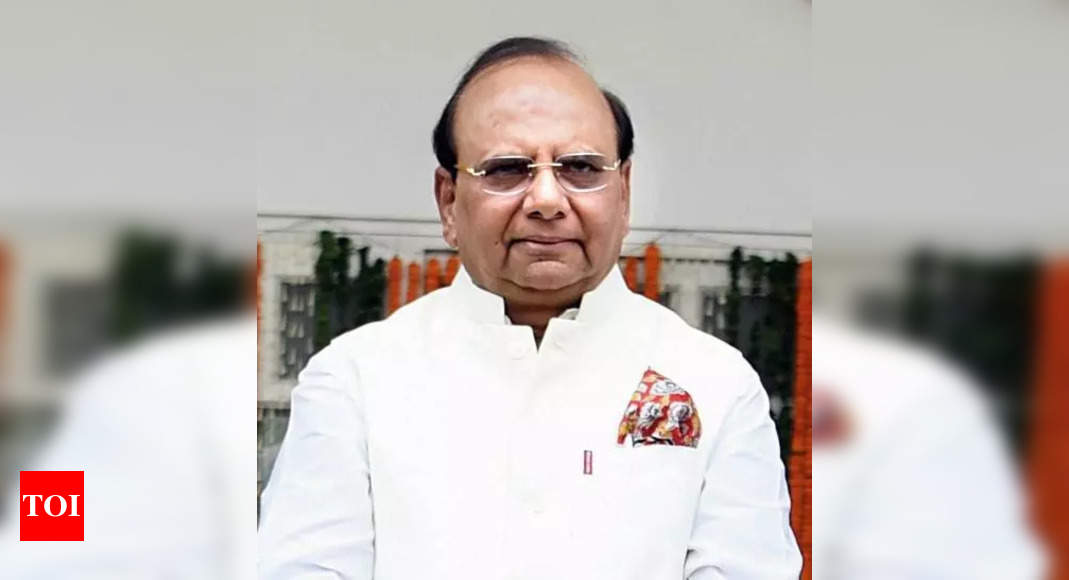Beware credit card holders: In a verdict that will impact lakhs of credit card holders in India, the Supreme Court on December 20 overturned a 2008 National Consumer Disputes Redressal Commission (NCDRC) judgment capping credit card interest rates at 30% annually on late bill payments. “In view of foregoing reasons, the judgment of the NCDRC is set aside and appeals are allowed,” said justice Trivedi while delivering the verdict. A detailed copy of the judgement is awaited.
“The impact of this Supreme Court judgment effectively sanctions the breach of the thirty per cent interest ceiling for credit card dues which citizens should be concerned about as it exposes them to much higher charges,” said Siddharth Maurya, Founder & Managing Director of Vibhavangal Anukulakara Private Limited.
These banks challenged NCDRC’s authority to cap credit card interest rates
Banks, including Standard Chartered Bank, Citibank, American Express, and Hong Kong and Shanghai Banking Corporation (HSBC) filed petitions before a bench of Justices Bela Trivedi and Satish Chandra Sharma.
Supreme Court lifts 30% cap on late credit card payments: Implications for Banks
The Supreme Court’s decision to quash the NCDRC order dated 25 March 2008 distinctly changes the landscape of credit cards in India. With this decision, banks can set interest rates as they deem fit due to market conditions.
“Banks are free to charge more than thirty percent per annum interest which they claim as permissibly due to the cost of operations, risk of default and the nature of the credit card being unsecured,” said Gaurav Singh Parmar, Associate Director, Fincorpit Consulting.
Supreme Court lifts 30% cap on late credit card payments: What it means for credit card holders
Making credit card payments on time is crucial to preventing higher interest rates. Experts advise cardholders to pay balances within the interest-free period.
“The increased burden placed on cardholders makes it imperative for them to be cautious regarding their spending habits and repayment tendencies to save themselves from the vicious cycle of compounding high interest rates,” said Siddharth Maurya.
“Developing strategies for timely repayment of credit cards, an understanding of the terms related to interest rates and avoidance of the overextended use of balance are the key strategies for credit card users,” added Gaurav Singh Parmar.
What did NCDRC say in 2008?
In 2008, the NCDRC said it was unfair to charge credit card holders interest rates above 30% annually for either not making the entire payment on time or simply paying the minimum amount owed.
Read all our personal finance stories here
Disclaimer: The views and recommendations made above are those of individual analysts, and not of Mint. We advise investors to check with certified experts before taking any investment decisions.


